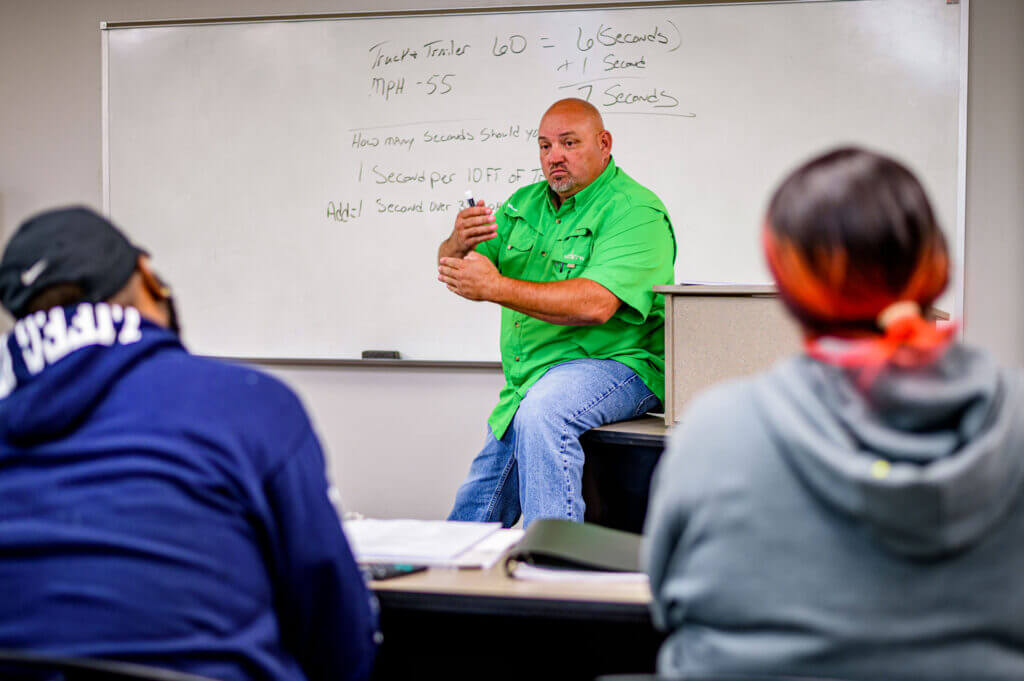Starting in 2020, EdSystems launched a project to determine how education and workforce partners can advance middle-skills pathways in Chicago, defined as a pathway to an occupation with more than a high school diploma but less than a bachelor’s degree. This work includes conducting a deep landscape analysis of existing programs and pathways in key industry sectors and providing suggestions for improvement that lead to industry credentials and degrees associated with priority occupations in the region.
Today, we are announcing analyses of middle-skills pathways in six new industry sector areas:
- Agriculture, food, and natural resources
- Architecture, construction, and energy
- Arts and communications
- Culinary and hospitality
- Finance and business services
- Human and public services
The six new analyses complement the five conducted in the project’s first year for the sector areas of education and childcare, health sciences, information technology, manufacturing, and transportation, distribution, and logistics. Our analyses are based on publicly available information from WIOA databases and CareerPathways.Net. Our aim is to look for ways individuals can access programs and services listed in those sites and progress to industry credential programs, community college certificate programs, and associate degrees with a living wage potential. Given the challenges facing adult learners who are the audience of these programs, EdSystems sought to make recommendations about reasonable pathway progression strategies and vetted our insight with an advisory committee of Chicagoland funders and stakeholders.
You can learn more about this project on the Middle-Skills Pathways in Chicago resources pages, which includes the new sector analyses webpages in addition to previous analyses, the outcomes framework, glossary, and overall system improvement recommendations.
This project is supported by Bridges to Brighter Futures. Funded through the Searle Funds at The Chicago Community Trust, Bridges to Brighter Futures is a collaboration between Kinship Foundation and The Chicago Community Trust.



